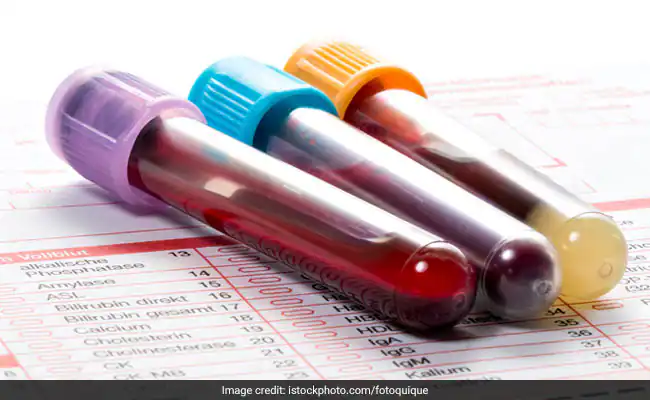Liver Function Tests: Here’s A List Of Essential Tests That Can Help Monitor Your Liver’s Health

The liver is a vital organ in our bodies that performs many important functions. It’s crucial to monitor the health of our liver to ensure it’s working properly. There are several tests that help us keep track of our liver health, and understanding them in layman’s terms is essential. Here are some essential tests to monitor the health of your liver.
Liver Enzyme Tests: These tests, such as ALT and AST, measure the levels of certain enzymes in your blood. When the liver is damaged or not functioning well, these enzymes can leak into the bloodstream. Elevated levels of ALT and AST indicate potential liver problems.
Bilirubin Test: Bilirubin is a yellow pigment produced during the breakdown of red blood cells. When the liver is not functioning properly, it can cause an increase in bilirubin levels, leading to jaundice, a condition that causes yellowing of the skin and eyes. A bilirubin test helps measure the amount of this pigment in your blood.
Alkaline Phosphatase (ALP) Test: ALP is an enzyme found in various tissues, including the liver. Elevated ALP levels can indicate liver disease or a blockage in the bile ducts. This test helps determine if there is any liver or bile flow problem.
Gamma-Glutamyl Transferase (GGT) Test: GGT is another liver enzyme that can be measured through a blood test. High levels of GGT are often associated with liver damage or excessive alcohol consumption. This test helps identify potential liver problems caused by these factors.
Blood Clotting Tests: The liver produces proteins necessary for proper blood clotting. Tests such as Prothrombin Time (PT) and International Normalized Ratio (INR) help assess the liver’s ability to produce these clotting factors. If the liver is not functioning well, these tests may show prolonged clotting times.
Albumin Test: Albumin is a protein produced by the liver. It helps maintain fluid balance in the body. Low levels of albumin may indicate liver dysfunction or malnutrition. This test helps assess the liver’s ability to produce this important protein.
Viral Hepatitis Tests: Hepatitis is an inflammation of the liver, often caused by viral infections. There are different types of viral hepatitis, including hepatitis A, B, C and E. Tests for hepatitis help identify if you have been exposed to any of these viruses, which can affect your liver health.
Imaging Tests: Alongside blood tests, imaging techniques such as ultrasound, CT scan, or MRI can provide a visual examination of the liver. These tests help identify structural abnormalities, such as tumors, cysts or fatty liver disease.
By regularly monitoring these tests, you can keep track of your liver health and detect any potential problems early on. It’s important to note that these tests are not a diagnosis on their own, but they provide valuable information for healthcare professionals to assess your liver health and recommend appropriate treatment if necessary.
To maintain a healthy liver, it’s also important to adopt a healthy lifestyle. This includes maintaining a balanced diet, avoiding excessive alcohol consumption, maintaining a healthy weight, and avoiding exposure to toxins that can harm the liver. If you have any concerns about your liver health or experience symptoms such as jaundice, abdominal pain, or unexplained fatigue, it’s important to consult a healthcare professional. They can evaluate your condition, order the necessary tests, and provide guidance on how to keep your liver healthy.
(Dr. Akash Shah, Consultant Pathologist at Neuberg Supratech Reference Laboratories)













